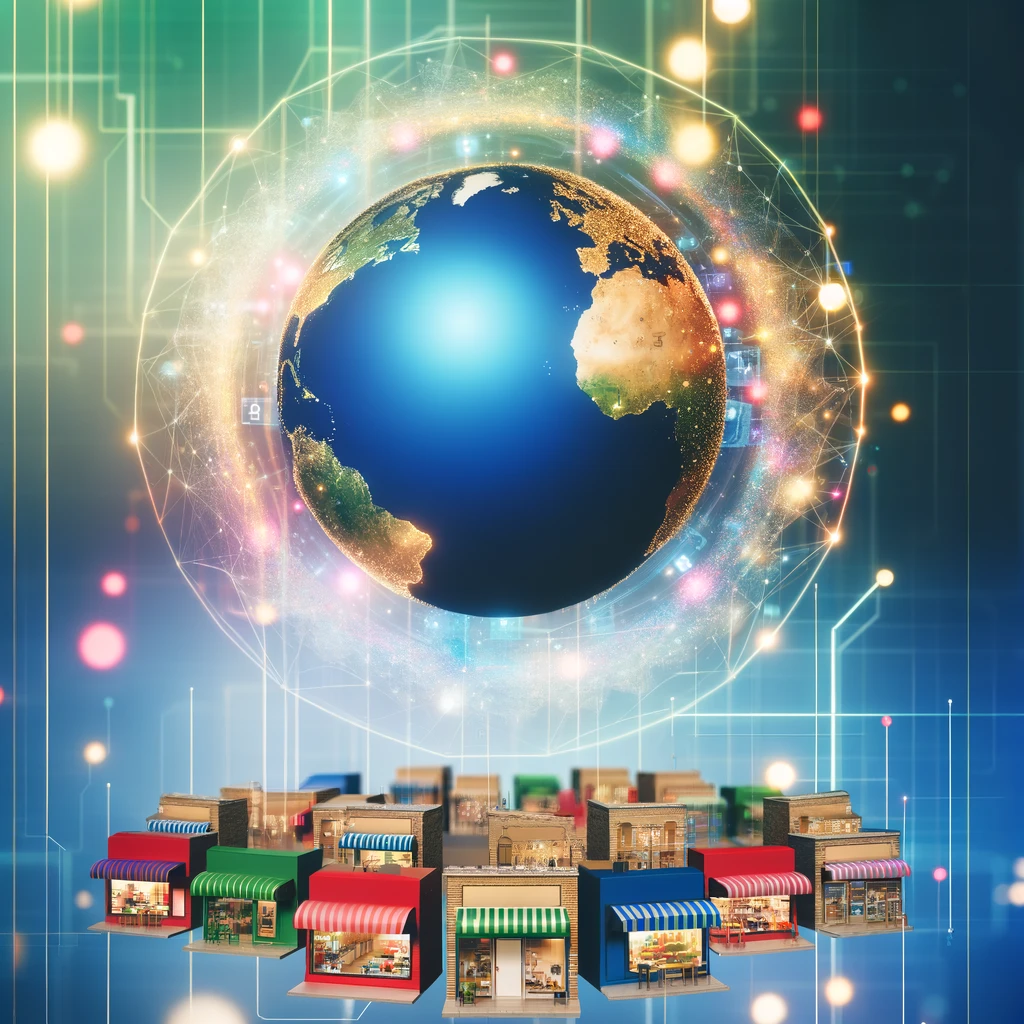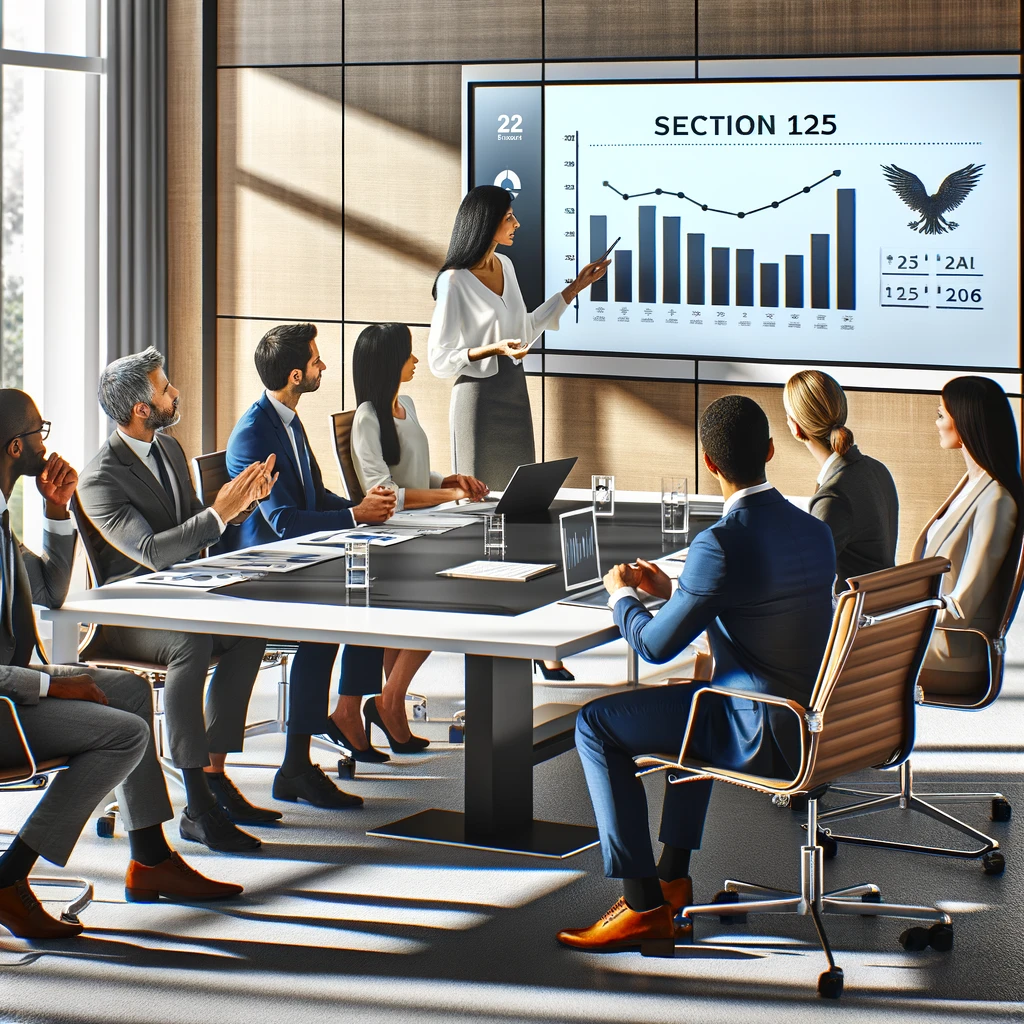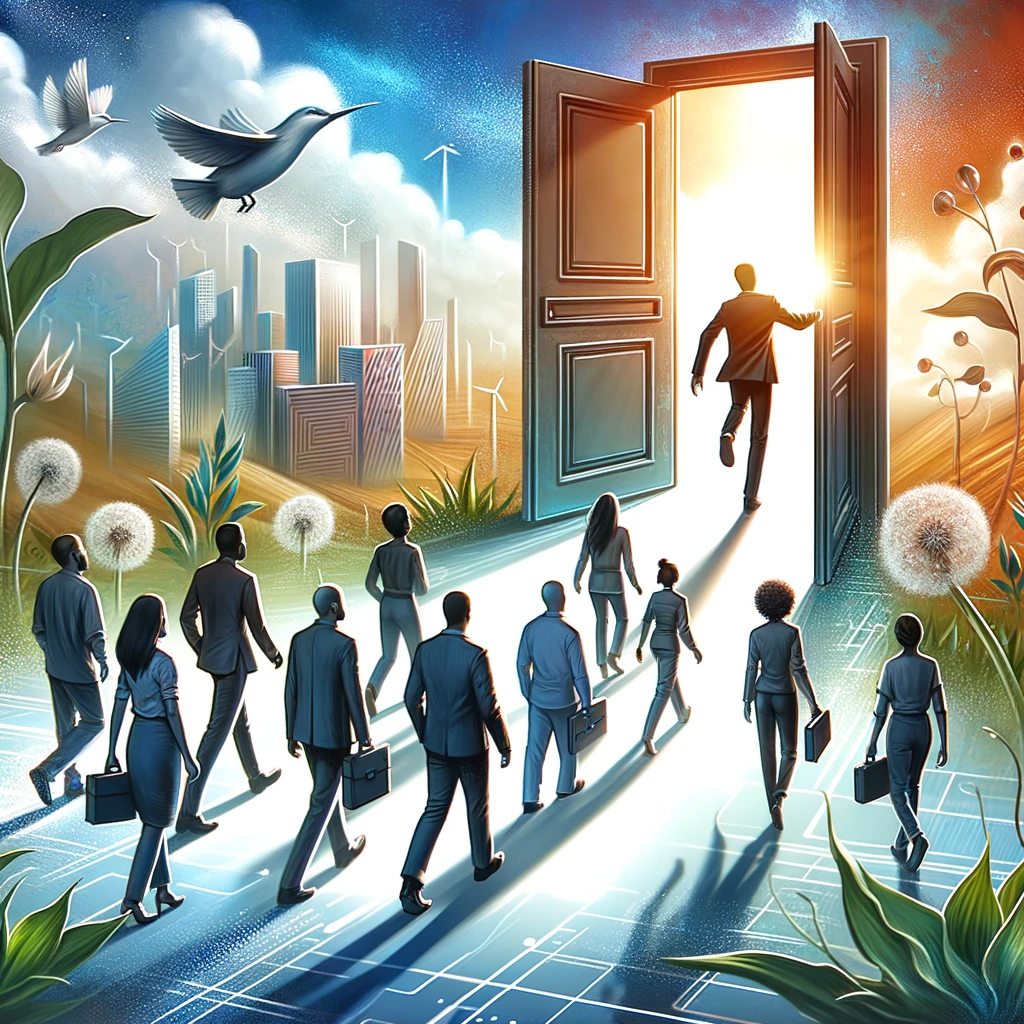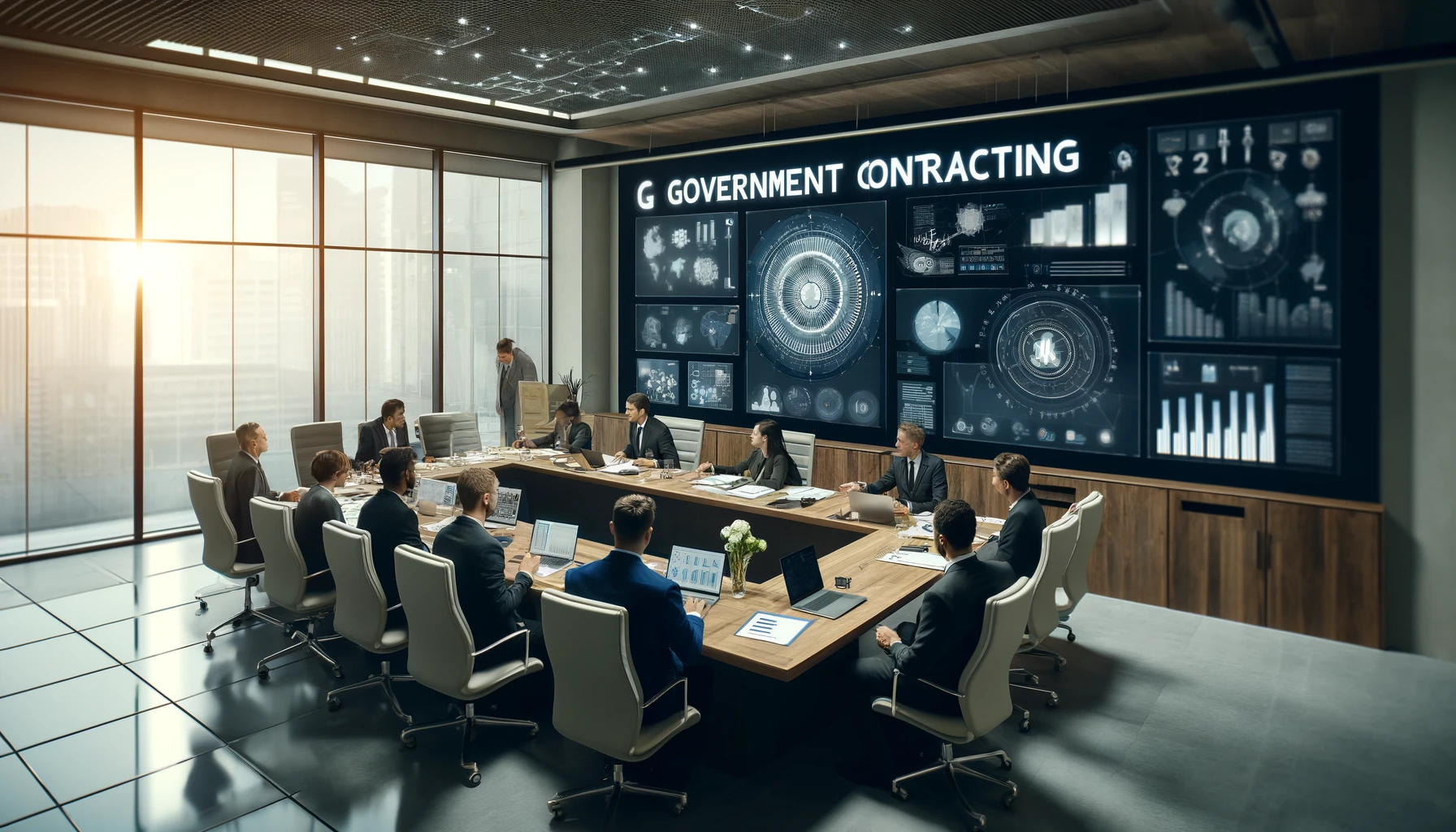The question, “Will AI replace humans” in the workplace, has been intensely debated in recent years.
On the one hand, we have seen a remarkable surge in the adoption of AI technologies across various industries, leading to the automation of numerous tasks previously handled by humans.
On the other hand, there are strong arguments that AI, despite its advanced capabilities, cannot fully replace the unique attributes of human intelligence.
This article delves into the complex dynamics of AI’s role in the workforce and its potential impacts of Artificial Intelligence on employment.
AI’s Growing Presence in the Workplace (Plus Debunked Myths)
AI has witnessed a significant surge in the corporate world, with more companies investing in AI technologies.
This is evident in the increased global AI market value and the projected growth rate over the forthcoming years, suggesting a profound transformation of the workplace landscape.
AI’s presence in the workplace is not just about replacing human tasks but also about streamlining processes, enhancing efficiency, and providing data-backed insights for better decision-making.
However, this burgeoning presence of AI often nudges us toward the question, “Will AI replace humans in the future?”
“At this moment, I’d say there’s no Yes or No answer to this question. Because while there are jobs where AI is better suited, there are also a handful where AI doesn’t stand a chance. But stay tuned! By the end of this piece, after stating all the facts, you’ll have my final verdict.”
But before going any further, let’s clear the air on some basic myths surrounding the AI vs Human debate.
Myth 1: AI will Replace All Human Workers
The fear of AI replacing jobs is not unfounded. The advancements in AI and automation technologies threaten certain job roles, especially those involving repetitive tasks.
However, historical evidence suggests that technological change often creates more jobs than it eliminates, thereby mitigating the fear of AI-induced unemployment to an extent.
And Contrary to popular belief, AI is not designed to replace humans but to augment their abilities.
While AI can automate repetitive and mundane tasks, it cannot replicate qualities such as creativity, empathy, and intuition.
By taking over routine tasks, AI frees you up to focus on higher-level responsibilities that require critical thinking and emotional intelligence.
Myth 2: AI Will Lead to Mass Unemployment
While it is true that AI has the potential to automate certain jobs, it also creates new opportunities and job roles.
As AI takes over routine and repetitive tasks, people will be empowered to focus on more complex and strategic responsibilities.
This shift in job roles allows workers to utilize their unique human skills, such as creativity, critical thinking, and problem-solving.
Also, AI technology requires human expertise for development, implementation, and maintenance.
Therefore, AI opens up avenues for new and more fulfilling work rather than leading to mass unemployment.
Although, upskilling will be an ever-present prerequisite for success.
Myth 3: AI is Biased and Unethical
AI systems are only as biased as the data they are trained on and the algorithms they use.
While it is true that biases can be inadvertently introduced into AI systems, it is essential to address these issues through rigorous testing and continuous improvement.
You can program AI to be fair, transparent, and accountable.
By ensuring diversity in the data used for training and regularly auditing AI systems, organizations can mitigate the risk of bias and ensure the ethical usage of AI in the workplace.
I believe you now understand how AI is influencing the workspace in general. If so, let’s move on to the nitty-gritty details.
AI and the Employment Landscape
1. AI in Transportation
AI is revolutionizing logistics, fleet management, and autonomous vehicles in the transportation sector.
AI-powered algorithms optimize route planning, reduce fuel consumption, and improve delivery efficiency.
Autonomous vehicles equipped with AI technology have the potential to increase road safety and reduce traffic congestion.
While AI can automate certain aspects of transportation, optimizing routes, reducing waiting times, and ensuring that drivers are constantly engaged, human drivers and operators are still necessary for tasks that require judgment, adaptability, and customer service.
Combining AI and human expertise in transportation leads to more efficient and reliable services.
2. AI in Healthcare
In the healthcare industry, AI has the potential to improve patient outcomes, enhance diagnostics, and optimize treatment plans.
AI-powered systems can analyze medical records, genetic data, and clinical research to provide personalized treatment recommendations.
AI algorithms can also help doctors identify patterns and predict disease progression, enabling early intervention and prevention.
While AI can assist healthcare professionals, the impact of artificial intelligence cannot replace their expertise and judgment.
The collaboration between AI and human doctors can lead to more accurate diagnoses and better patient care.
3. AI in Finance
AI is transforming the finance industry by automating tasks such as fraud detection, risk assessment, and investment analysis tasks.
AI-powered algorithms can analyze vast amounts of financial data, identify patterns, and make highly accurate predictions.
This automation saves time, reduces costs, and improves decision-making making AI an efficient financial advisor.
However, human financial experts are still crucial for interpreting the results, providing strategic advice, and building client relationships.
The collaboration between AI and human finance professionals leads to more informed and effective financial management.
4. AI in Information Technology
Even in the IT industry, which is AI’s forte, the impact of artificial intelligence is unlikely to fully replace humans in the IT industry.
While AI can automate certain tasks, there are several reasons why human workers are still valuable in this field.
Firstly, IT work often requires problem-solving skills and critical thinking, which AI lacks.
Secondly, human workers can provide a personal touch and build relationships with clients, which is crucial for customer satisfaction.
Thirdly, IT systems and technologies are designed and maintained by human experts.
Lastly, the IT industry constantly evolves, and human workers can adapt and learn new skills to keep up with the changes.
5. AI in Manufacturing
In manufacturing, AI-powered robots are streamlining production processes and increasing efficiency.
These robots can perform repetitive tasks with precision and speed, reducing the risk of errors.
AI algorithms analyze data from sensors and machines to optimize production schedules, predict maintenance needs, and minimize downtime.
While AI can automate certain aspects of manufacturing, human workers are still needed for tasks that require problem-solving, quality control, and adaptability.
Integrating AI and human workers in manufacturing leads to higher productivity and improved product quality.
Now that we fully understand the impact of AI in core industries let’s look at how humans trump AI and critical areas where people’s innate abilities cannot be replaced.
Key Areas Where Humans Excel Over AI
AI and humans have unique strengths that, when combined, can lead to enhanced productivity and innovation. Here are some areas where humans excel over AI:
1. Creativity
Creativity is a uniquely human quality that AI cannot replicate.
The ability to think outside the box, generate novel ideas, and make intuitive leaps is essential for innovation in various fields.
While AI can analyze existing data and patterns, it relies on humans to provide the creative spark and develop new solutions.
2. Critical Thinking
Critical thinking involves analyzing, evaluating, and solving complex problems.
Human workers excel in this area, as they can consider multiple perspectives, weigh pros and cons, and make informed decisions.
Conversely, AI relies on predefined algorithms and data, limiting its ability to think critically in unfamiliar situations.
3. Emotional Intelligence
Emotional intelligence, including empathy, understanding, and interpersonal skills, is another area where humans have the upper hand.
Building relationships, understanding emotions, and responding to human needs and concerns are essential in many job roles.
While AI can simulate emotions, it lacks the depth of human emotional intelligence.
Note that:
By leveraging these human strengths listed above, AI can serve as a tool that augments human capabilities.
For example, AI can analyze large datasets, identify patterns, and generate insights, while humans can interpret these insights, make strategic decisions, and take appropriate action.
This collaboration between humans and AI leads to more effective problem-solving, improved decision-making, and enhanced productivity.
Conclusion: Will AI Replace Humans?
In conclusion, while AI has the potential to automate various tasks currently performed by humans, it is unlikely to replace human workers entirely.
So, if you’re still on the fence asking, “Will AI replace humans in the workspace?” The answer is NO.
The future of work is not about AI taking over but about humans and AI working collaboratively to enhance productivity and boost innovation.









